Japan pushes for stronger coordination in power semiconductors
November 24, 2025 /SemiMedia/ — Toshiba and Rohm have resumed negotiations on a potential collaboration in power semiconductors, seeking to reinforce Japan’s supply chain for silicon and silicon carbide (SiC) devices. The talks mark a renewed effort to stabilize a partnership that previously stalled due to strategic misalignment.
The two companies had earlier explored a framework involving joint capital investment and government-backed subsidies totaling up to 129.4 billion yen. Under the proposed structure, Toshiba would focus on silicon power devices while Rohm would advance SiC technologies, with plans for shared engineering resources and coordinated wafer production.
Automotive sector shifts influence industry alliances
Japan’s government has been urging domestic chipmakers to tighten cooperation as demand for electric vehicles and AI computing accelerates. Officials see stronger industry alignment as essential for maintaining Japan’s position in high-voltage and automotive-grade semiconductors, though integrating companies with different manufacturing footprints remains a significant challenge.
Rohm’s renewed engagement comes as automotive supplier Denso increases its influence in the company, raising its stake from under 1% to nearly 5% this year. The two firms are already co-developing analog semiconductors for EV applications, and industry analysts believe Denso is pushing for deeper ties in power devices. That dynamic has added pressure on Toshiba as it works to secure Rohm’s long-term commitment.
Japan’s SiC strategy faces challenges amid industry restructuring
Japan’s broader efforts to reshape the power semiconductor sector continue to face complexity. Rohm is expanding its SiC partnership with Fuji Electric, supported by government incentives, while Mitsubishi Electric is still searching for a strategic partner after announcing plans for structural reform last year.
Industry consultants warn that Japan must accelerate collaboration and capacity planning to remain competitive, noting that domestic players have already faced setbacks. Renesas exited the SiC power device market, and several smaller wafer manufacturers have struggled financially. The outcome of the Toshiba–Rohm discussions is therefore seen as a key indicator of Japan’s ability to maintain leadership in next-generation power technologies.

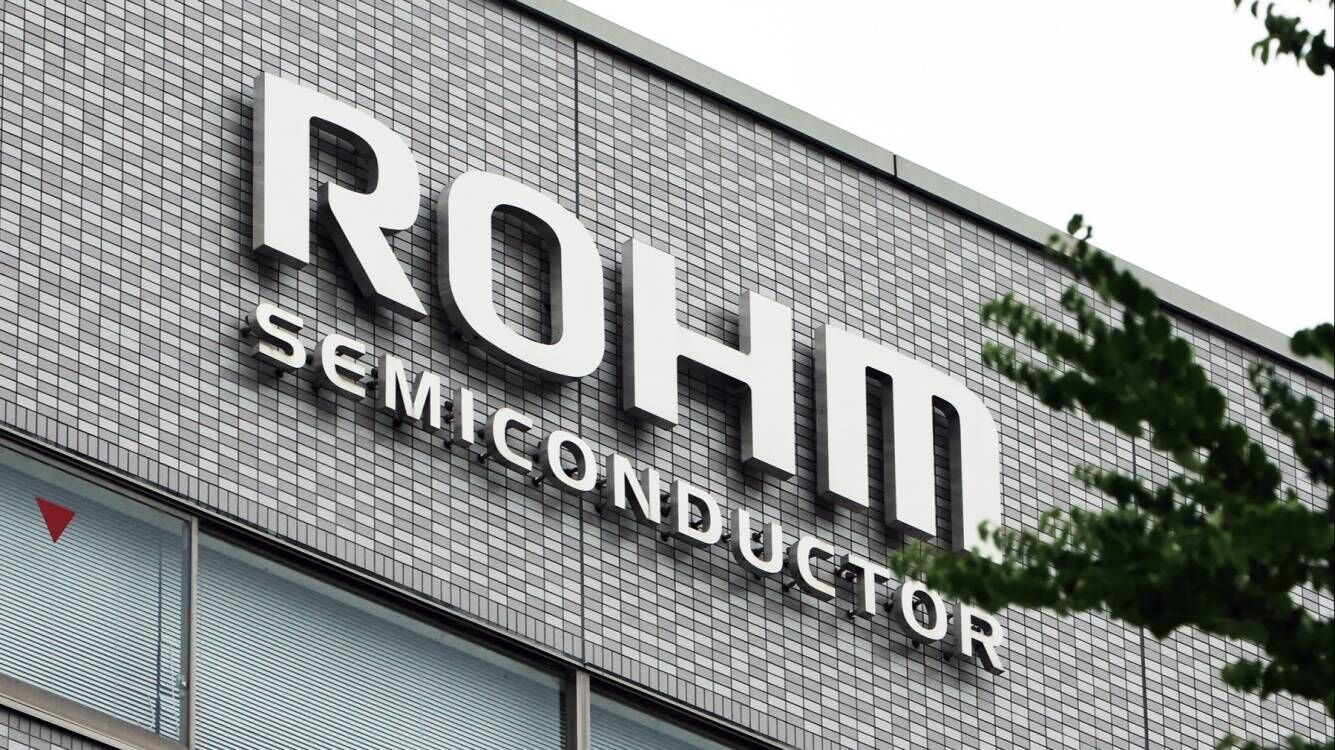




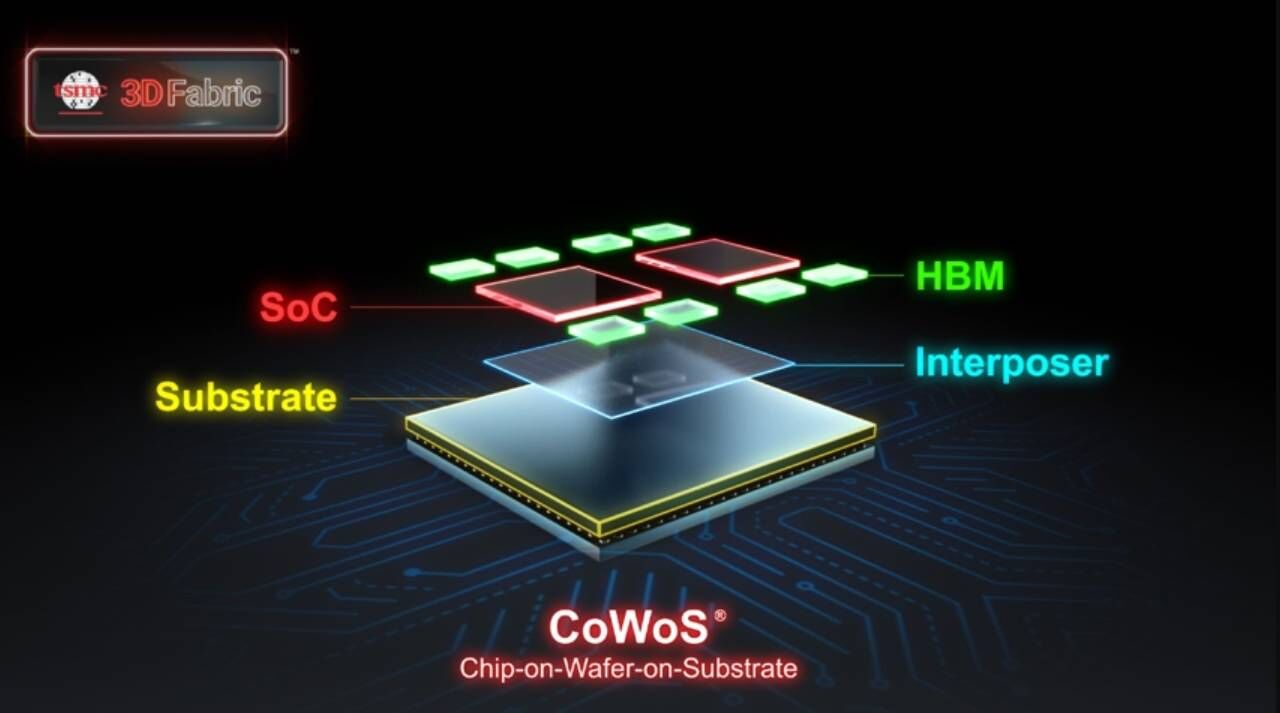

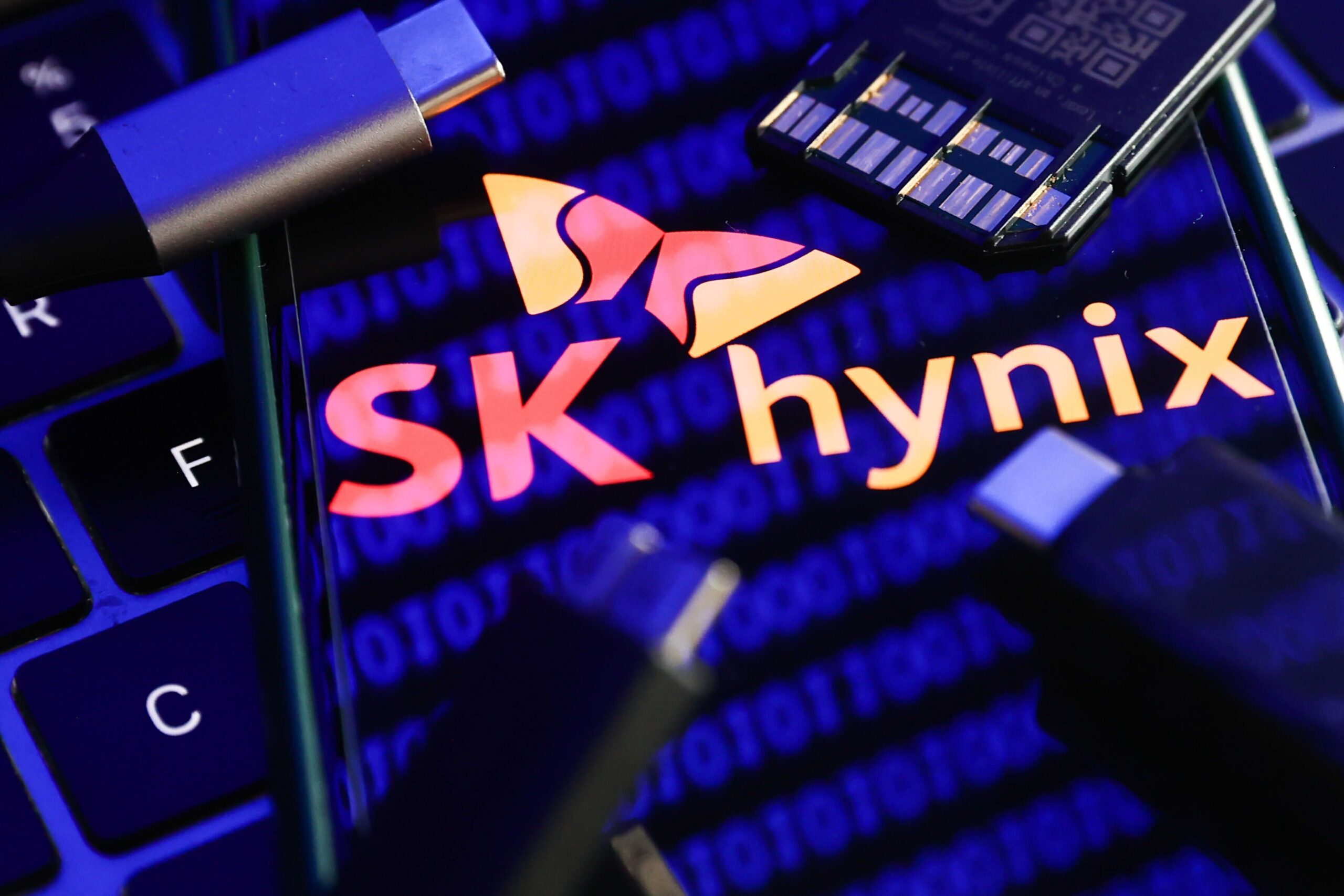
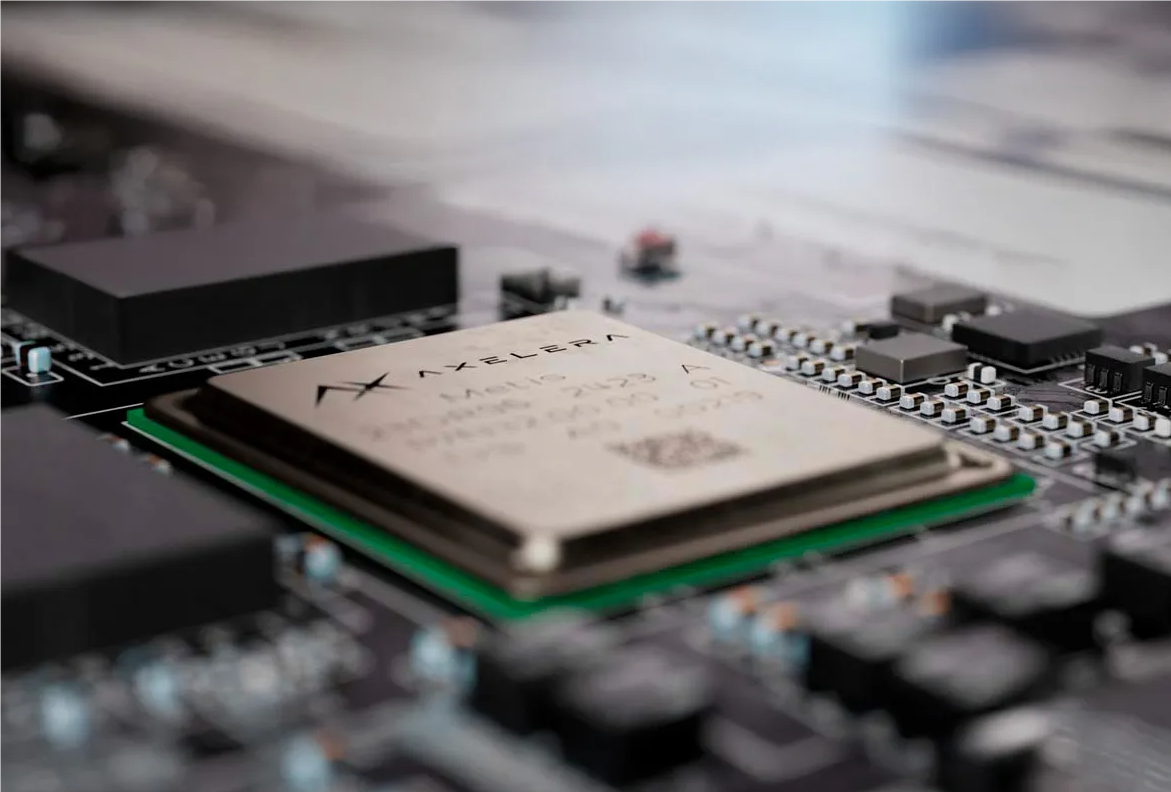
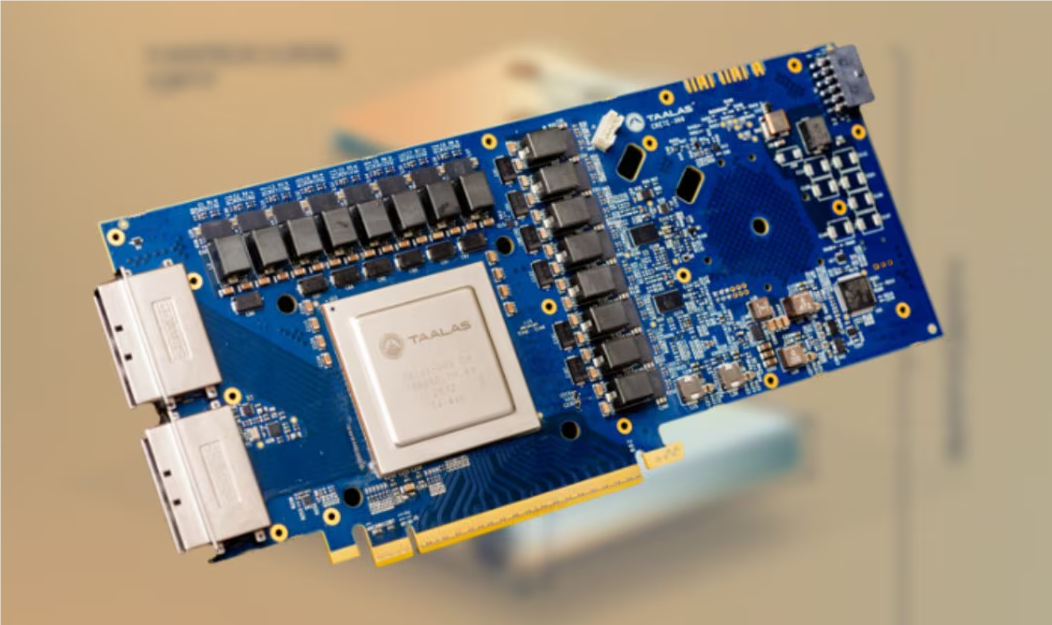
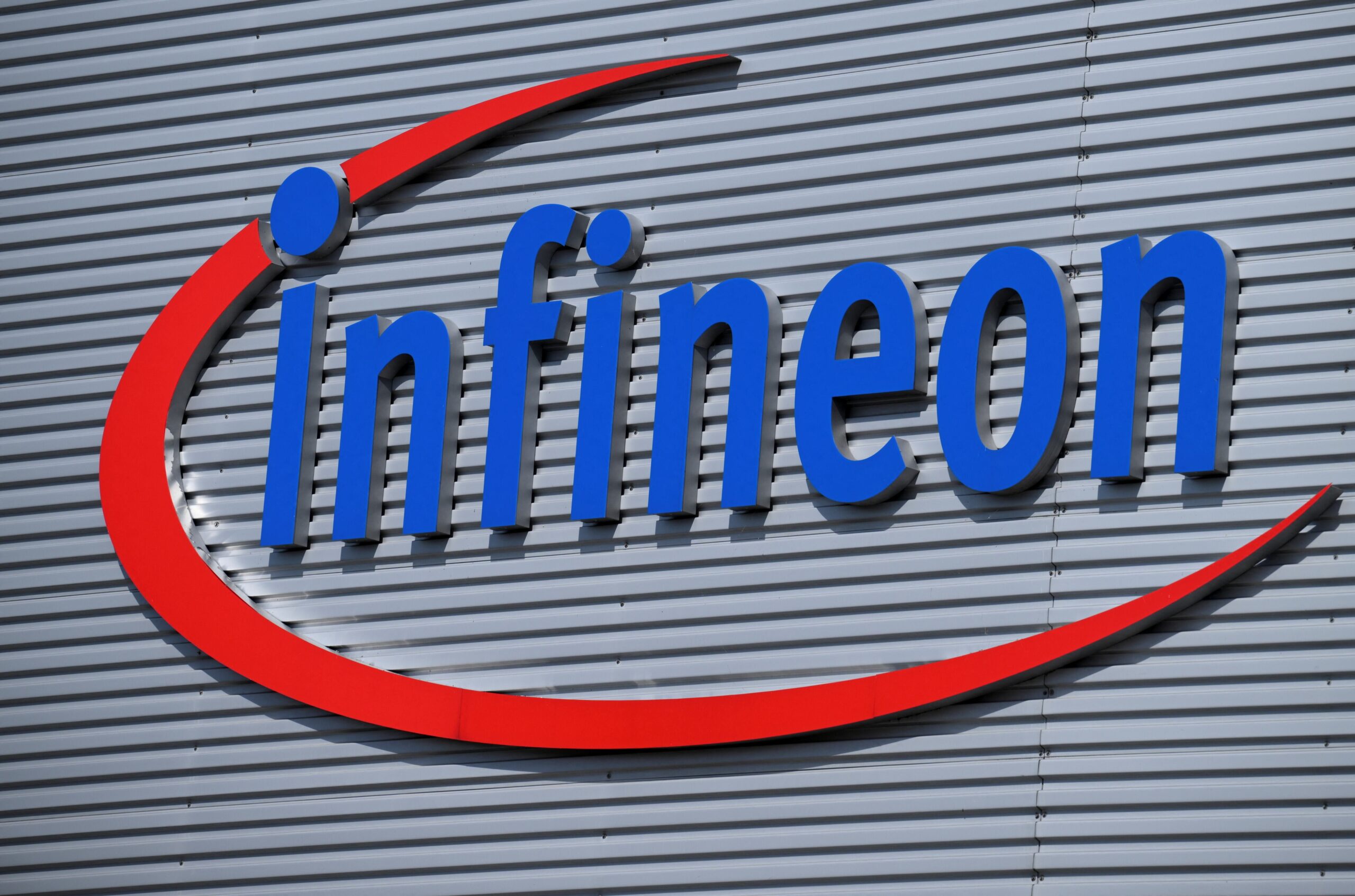
All Comments (0)